|
Two of the members of the cluster, Knowledge, Innovation and Strategies Management Club (KISMC) and Euro-perspectives Foundation, implement projects directly resulting from the 2030 Agenda Sustainable Development Goals (SDGs) of the United Nations. Both projects are related to the role and positive impact that business, entrepreneurship and education can play in the fight against climate change and to preserve biodiversity. Over the past 50 years, the world has been transformed by an explosion in global trade, consumption, population growth and mass urbanization. This has come at a huge cost to nature and the stability of the ecosystems that sustain us. Climate change poses serious risks to ecosystems, human health and the economy. Data from the United Nations Environment Program as of 2019 show that over the past 40 years, the global availability of natural capital per person has declined by 40%, wildlife populations have declined by 60%, while manufactured capital has doubled, and human capital increased by 13%. Can these trends be reversed? The EU Biodiversity Strategy for 2030 aims to ensure the rightful place of nature in our lives, including our business activities. The strategy is an integral part of the UN Sustainable Development Goals (SDGs). What are the two projects we are presenting? The first project, in which KISMC is involved, is Collective Innovation to Fight Climate Change, a project financed by the Erasmus+ Program, which has set itself the task of developing a package of tools to help entrepreneurs to become agents of change in their business in terms of climate change. Through knowledge and skills for innovative thinking and application of open innovation in doing business in the field of the green economy, they would make a serious contribution to reducing the negative impact on the environment. In addition to social ("green") entrepreneurs, the results of this project are also aimed at mentors and teachers of green entrepreneurship, thus enriching their arsenal of knowledge, good practices and training techniques. What are the expected results from this project?
The second project, in which Euro-perspectives participates, is Biodiversity and Climate Change Community Champions and is also financed under the Erasmus+ Program. The project develops innovative means of continuous education for those representatives of the business community who can become leaders ("champions") in the fight against climate change and biodiversity, contributing to the achievement of 6 of the 17 Sustainable Development Goals (SDGs). The project aims to provide the local community, social entrepreneurship, business and volunteers with skills and knowledge to implement activities and initiatives as a countermeasure to climate change and biodiversity. Different models are possible to reverse the negative trends, all of which require the combined efforts of national and local authorities, producers and consumers. The models that will be developed/presented will be linked to the specific UN Sustainable Development Goals (SDGs) and more specifically to the following goals:
|
| COSTS
| BENEFITS
|
Calculation of RoI
- A model for the calculation of RoI of WBL and apprenticeships by SMEs
- A digital tool that will demonstrate the RoI model in a visual way
to calculate and visualize how investment on WBL and apprenticeships can manifest to multiple benefits.
To access the ROI calculation model and digital tool, please click here.
KISMC Team
Blog post by our team, innovation contributors, VIP members, blog guests, etc.
Archives
January 2024
June 2023
May 2023
March 2023
February 2023
January 2023
November 2022
October 2022
May 2022
June 2021
May 2021
April 2021
December 2020
September 2020
August 2020
July 2020
June 2020
May 2020
December 2019
November 2019
July 2019
May 2019
April 2019
March 2019
February 2019
July 2018
June 2018
February 2018
January 2018
December 2017
November 2017
April 2017
December 2016
November 2016
October 2016
September 2016
December 2015
May 2015
December 2014
November 2014
October 2014
August 2014
July 2014
June 2014
April 2014
December 2013
October 2013
February 2013
Categories
All
Apprenticeships
Artificial Intelligence
Business
Business/University Collaboration
Carbon Footprint
Circular Economy
Climate Innovation
Conferences
Corporate Entrepreneurship
Cyber Security
Design Thinking
Digital Disruption
Disruptive Technologies
Education
Entrepreneurs
Entrepreneurship
Erasmus+
Events
Experiential Learning
Fight Climate Change
Finance
Funding For Innovation
Future Of Work
Green Entrepreneurs
Green Transition
Horizon 2020
ICT
Ideation
Industrial Enterprises
Industry 4.0
Innovation
Innovation Culture
Innovation Management
Innovation Policies
Innovation Projects
Innovation Strategy
Internet Of Things
Investors
Mentors
News
Open Innovation
Positive Impact
R&D
ROI
Scale-up
Science
SDGs
Smart Cities
Smart City Technology
SME Instrument
SMEs
Social Entrepreneurship
Sofia
Software Engineers
Startup
Students
Survey
Sustainable Innovation
Sustainable Workplaces
Universities
Work Based Learning
Work-based Learning
Workshop
|
The Knowledge, Innovation and Strategies Management Club is a non-profit organisation set up in Sofia, Bulgaria in 2012 to foster knowledge and innovation management across South East Europe. KISMC is supporting the development of the innovation ecosystem in the region by bridging the gap between education, research and business.
|
© COPYRIGHT 2013- 2021. KISMC. ALL RIGHTS RESERVED.
|


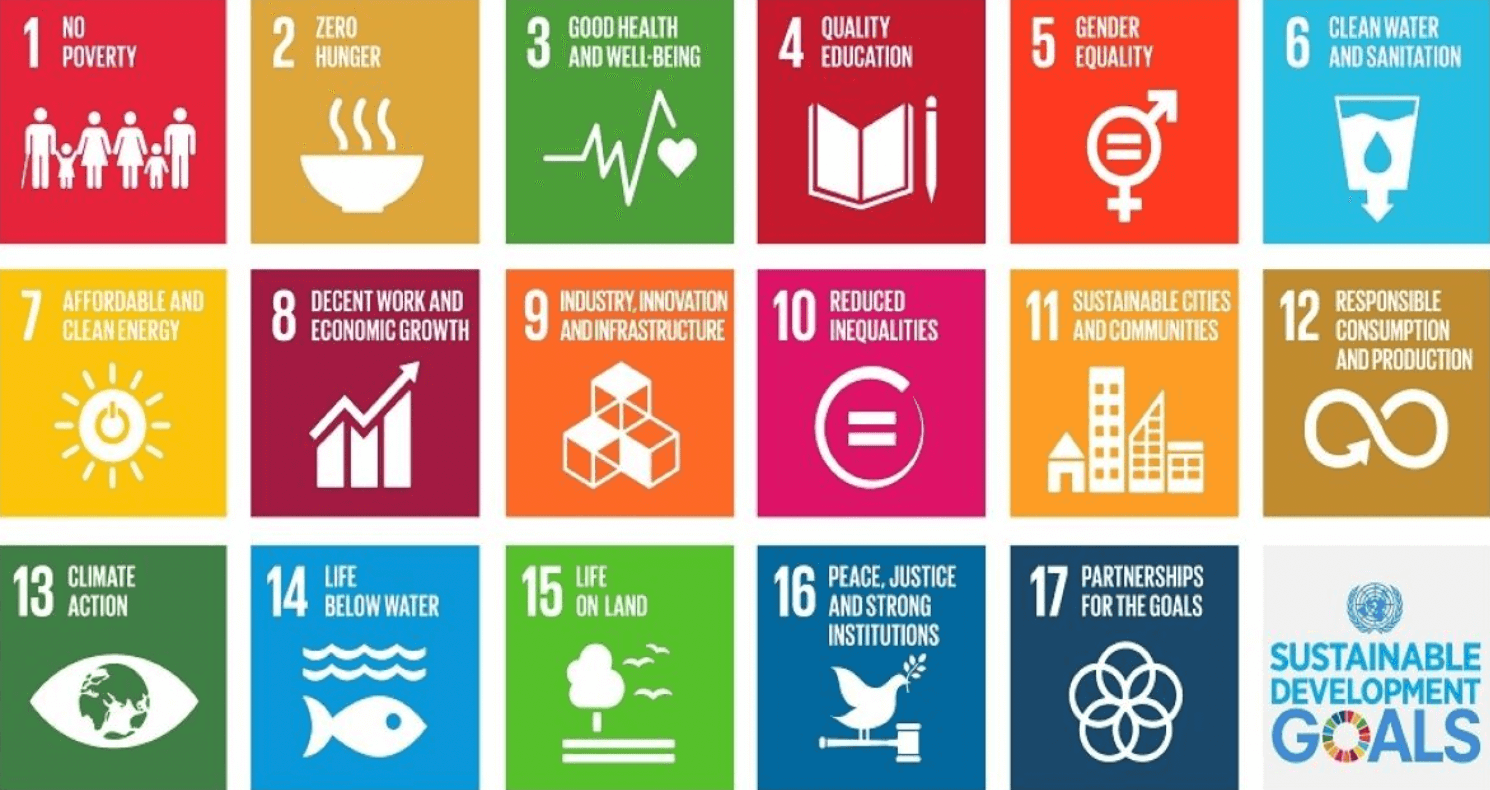
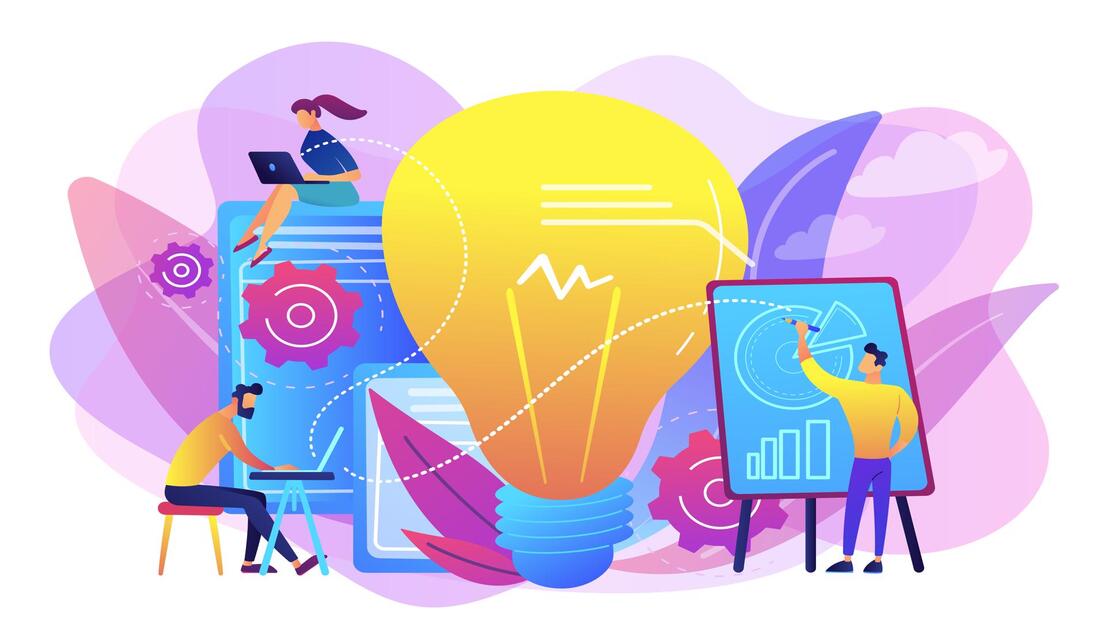
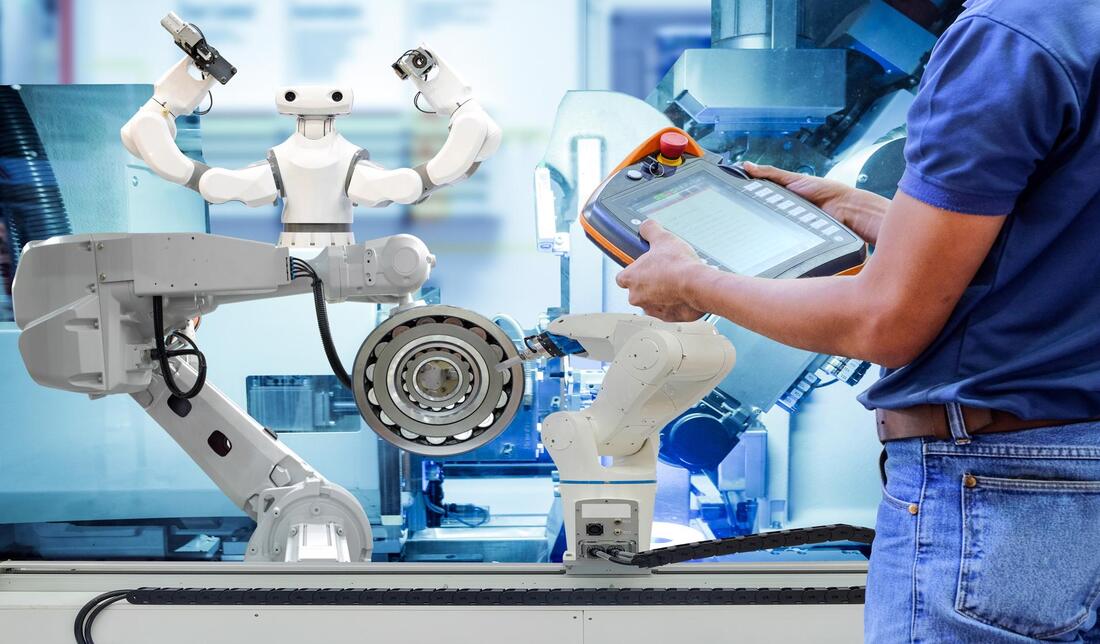
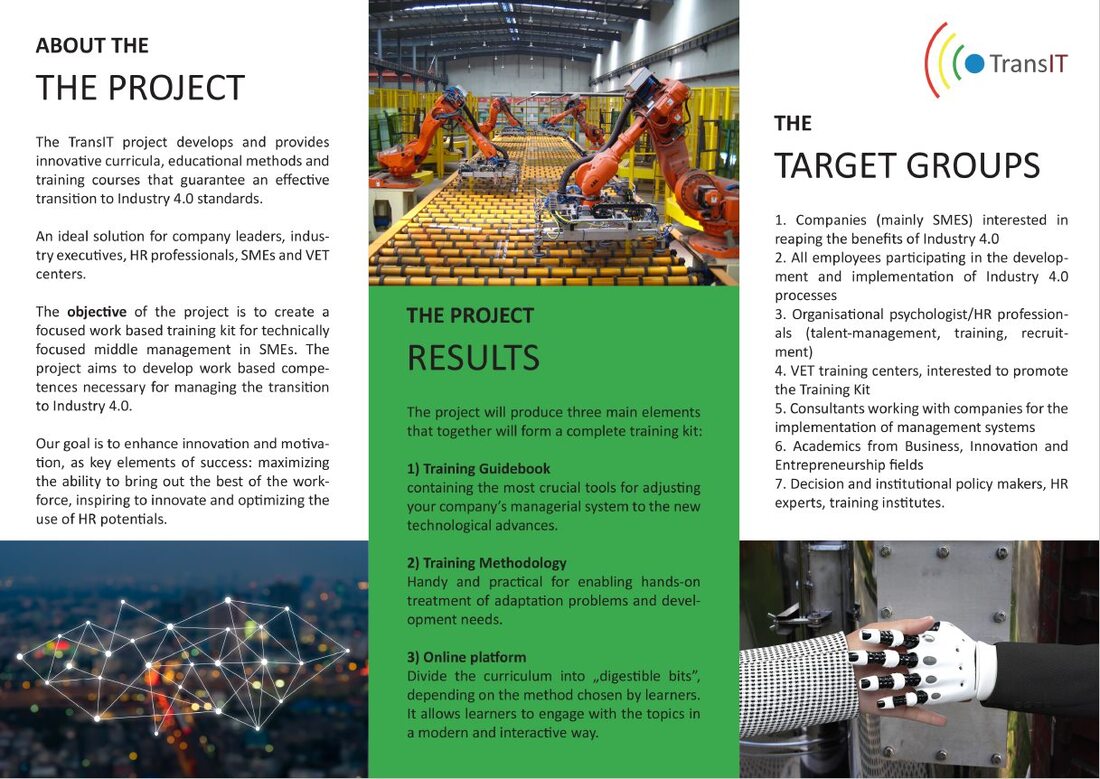
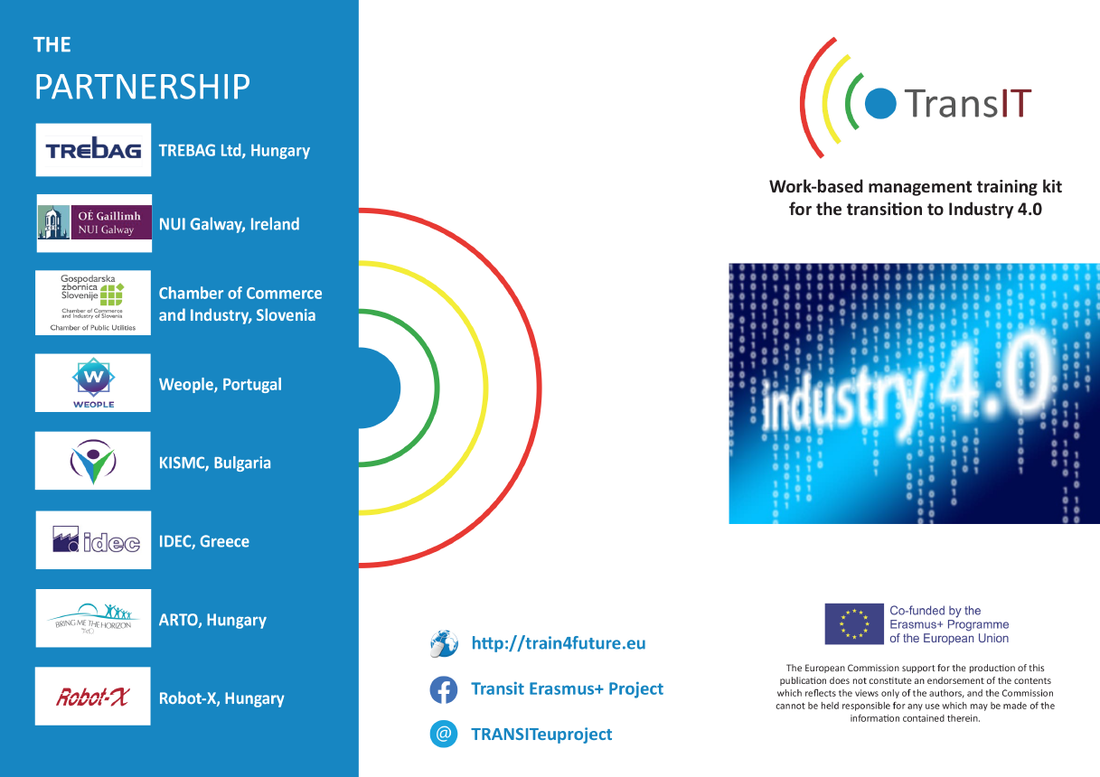
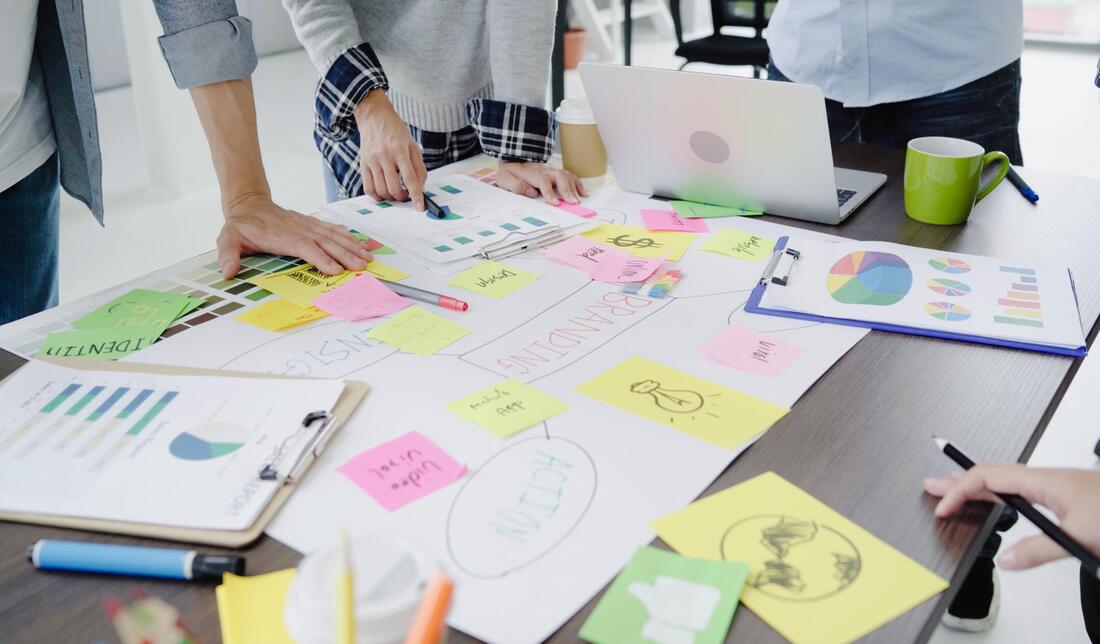


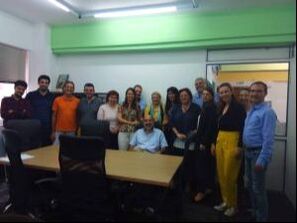
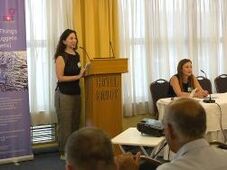
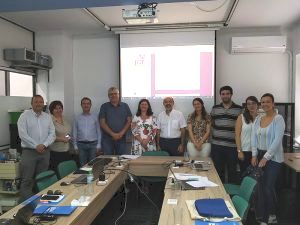

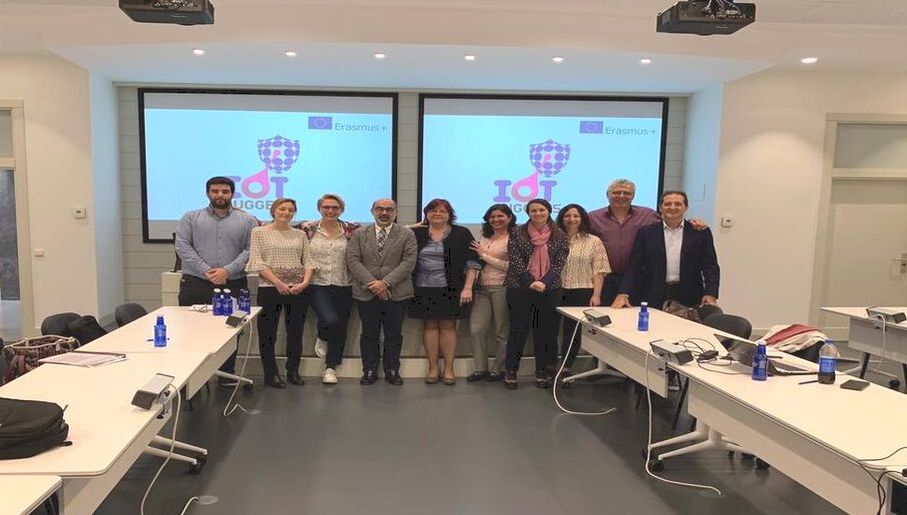
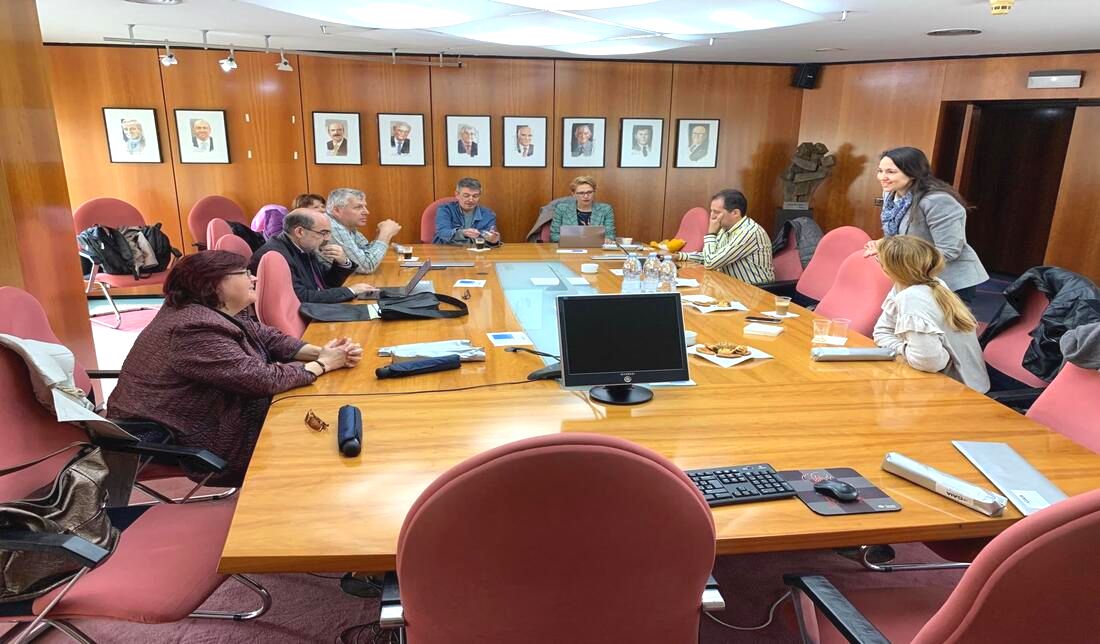









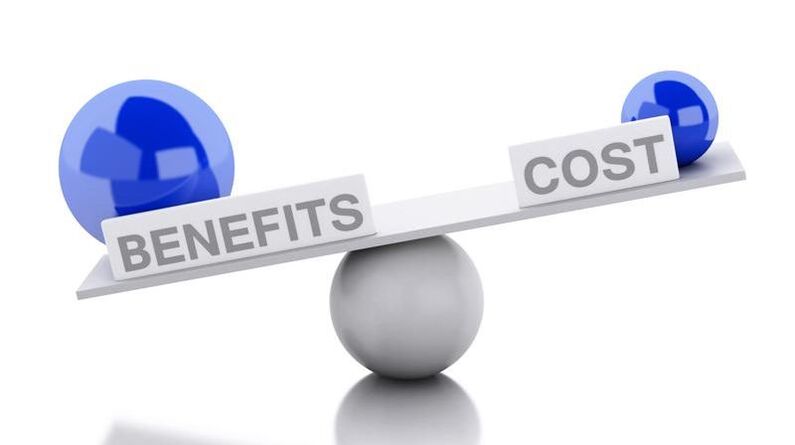
 RSS Feed
RSS Feed